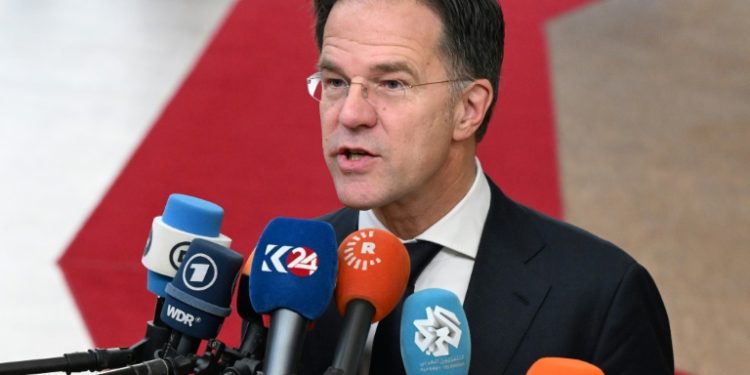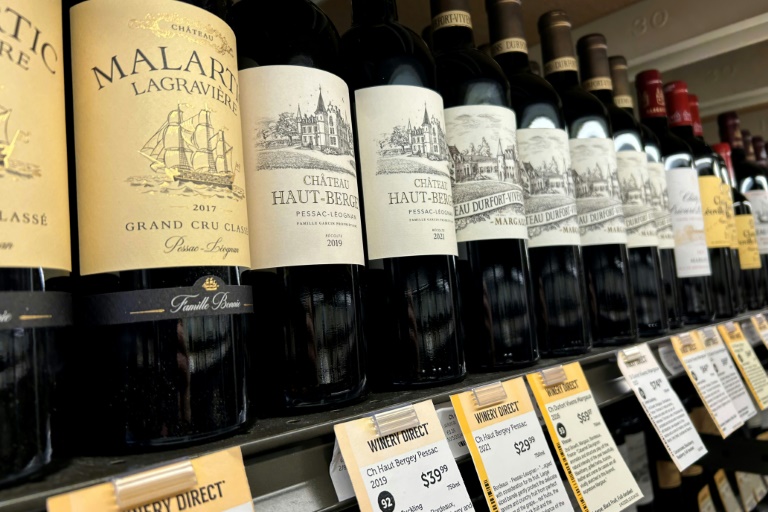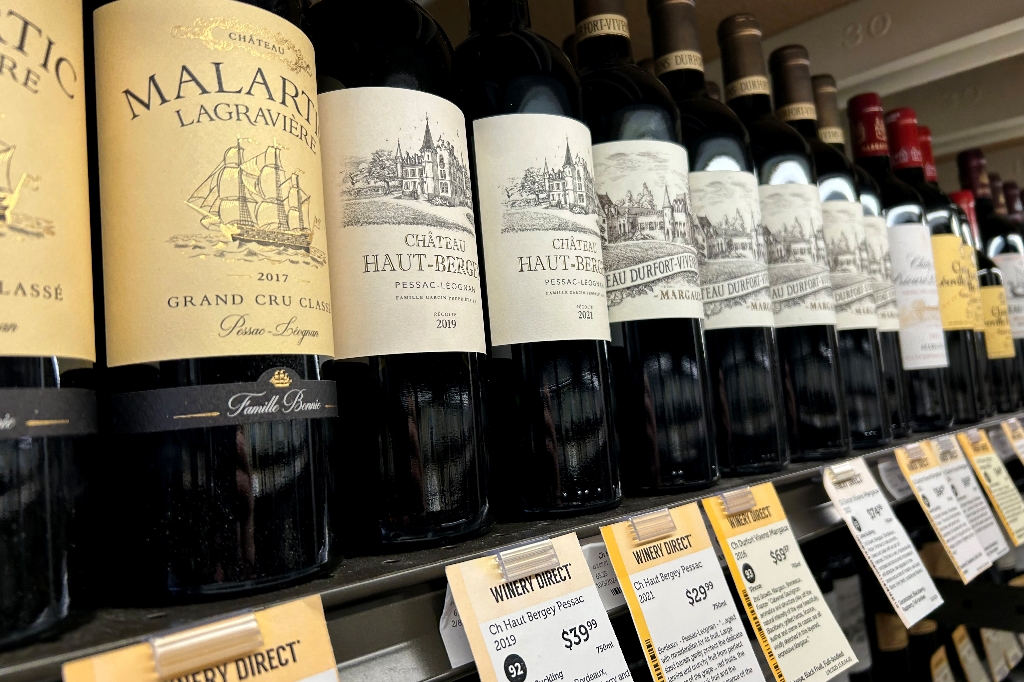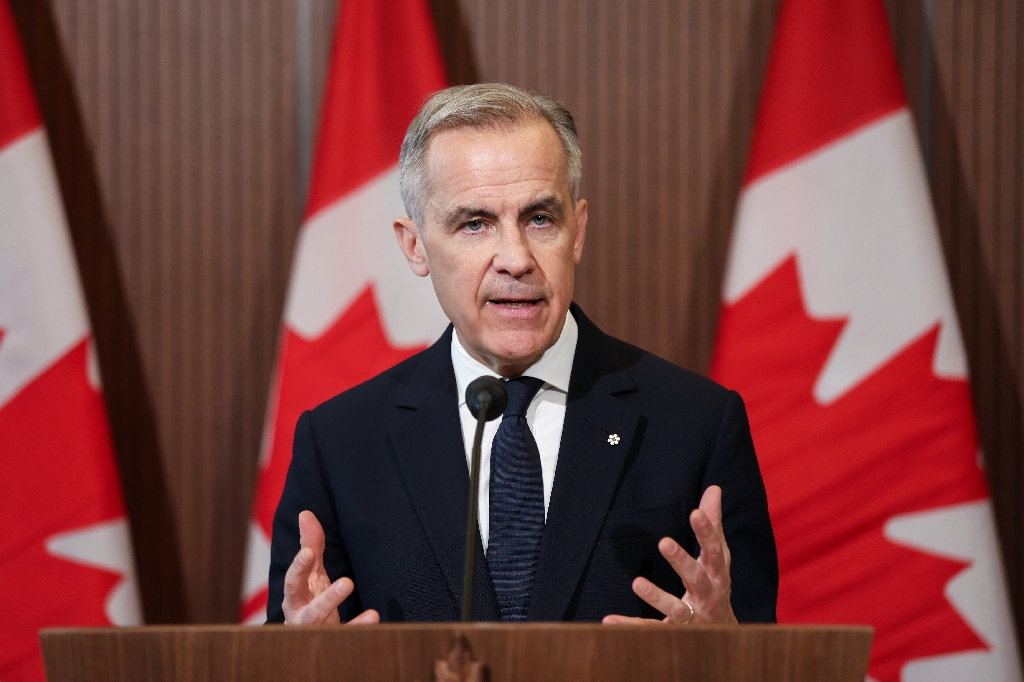London (AFP) – Britain’s government said Thursday it is “strongly” backing outgoing Dutch Prime Minister Mark Rutte to become NATO’s next secretary general.
Rutte is currently the frontrunner to replace Jens Stoltenberg, even though a shock win for the far-right at the recent general election in his homeland risks tarnishing his legacy.
UK Prime Minister Rishi Sunak’s spokesman told reporters on Thursday that Britain “does strongly back Dutch PM Mark Rutte to succeed Jens Stoltenberg as NATO Secretary General”. He said the UK wanted a candidate who would “keep NATO strong and deliver on the Alliance’s NATO 2030 vision”.
Rutte, he said, was “well respected across the Alliance, has serious defence and security credentials, and will ensure that the alliance remains strong and ready to defend and deter”.
A successor for Stoltenberg — who has had his decade-long tenure extended twice in the face of Russia’s war on Ukraine — is expected to be announced before a July summit in Washington.
After ruling himself out for the NATO post in previous years, Rutte told Dutch media in October that running the military alliance was a “very interesting” job and he would be open to the prospect if it came his way. Rutte, 57, is currently serving as prime minister in a transitional capacity after far-right leader Geert Wilders scored a stunning Dutch general election win in November.
A familiar figure on the European stage after 13 years as prime minister of the Netherlands, Rutte is already favoured by NATO heavyweights the United States, Britain, France and Germany, diplomats say.
But although he has emerged as the clear frontrunner, other hopefuls jostling to take over the NATO top job include Estonian premier Kaja Kallas and Latvia’s foreign minister, Krisjanis Karins.
Some supporters want to wrap up Rutte’s nomination soon to avoid the NATO job getting put in the mix with European Union top positions, which will be up for grabs after the European Parliament elections in June.
But there is probably still some haggling ahead, and others warn it is not a done deal yet, with possible opposition coming from allies Turkey and Hungary.
– Shockwaves –
One potential stumbling block for Rutte could be the situation he leaves behind in the Netherlands, where Wilders’s election victory has sent shockwaves across Europe.
If he were to succeed Stoltenberg, Rutte would become the fourth Dutchman to head the NATO alliance.
Stoltenberg himself told AFP last year that Rutte was a “friend and good colleague”. “He is a capable politician with a lot of experience as prime minister,” Stoltenberg said. “But it’s not for me to decide who’s going to be my successor.”
Rutte’s government has taken a prominent role in supporting Ukraine, pledging another two billion euros ($2.2 billion) in November, and in leading the push to give Kyiv F-16 fighter jets. Supporters insist he is fully aware of the dangers posed by Russia.
His years in power were marked by the killing of 196 Dutch nationals when a missile that investigators say was supplied by Moscow shot down a passenger jet over Ukraine in 2014.
Rutte remains at the helm of the Netherlands while Wilders attempts to revive talks on forming a new government, some three months since the election.
Efforts to form a four-party centre-right coalition broke down earlier in February when one party withdrew in a row over public finances.





